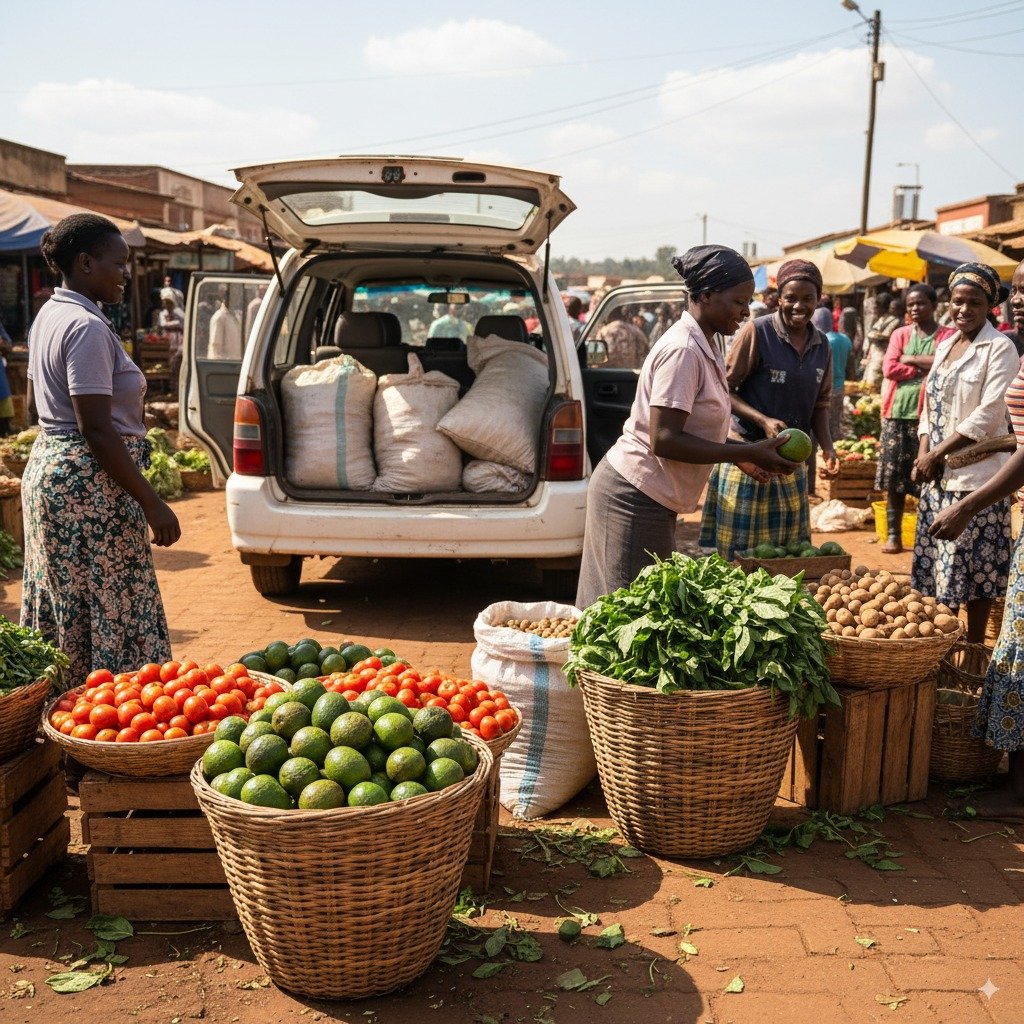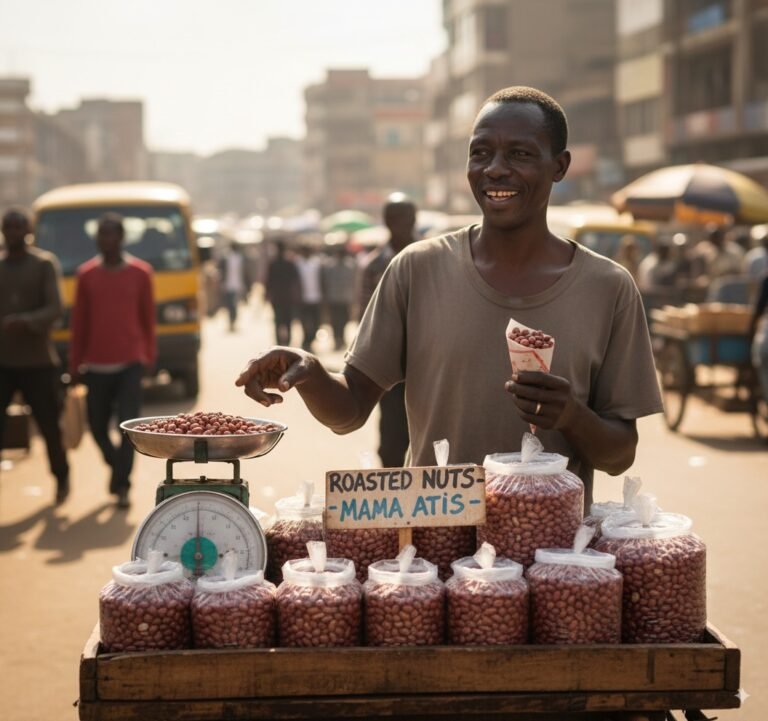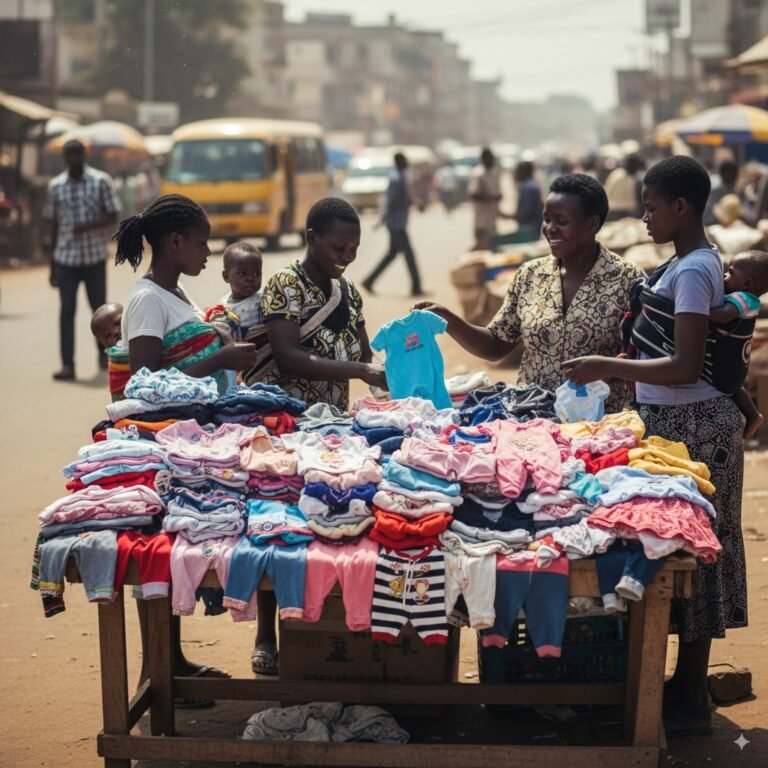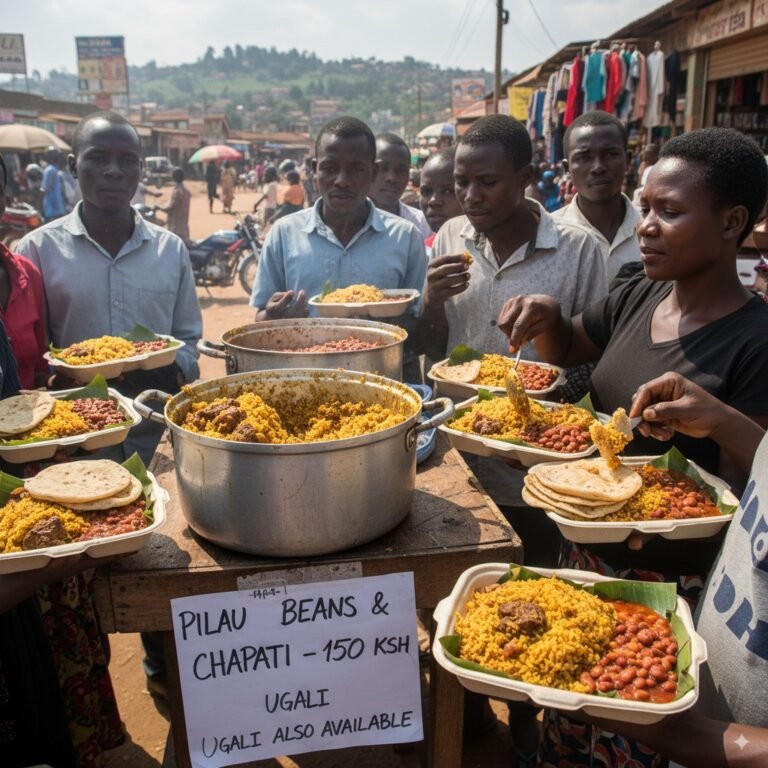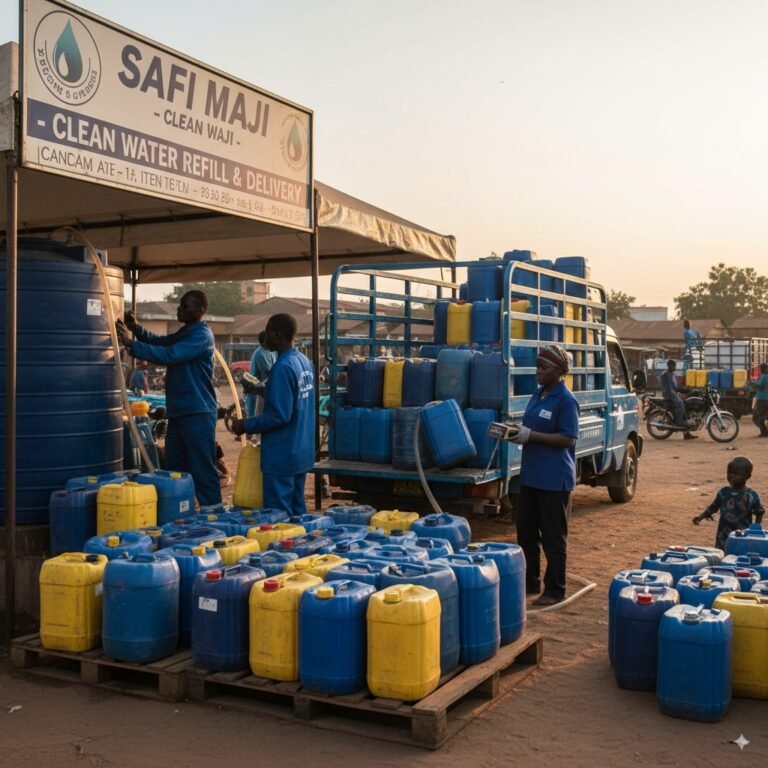How to Start a Market Day Arbitrage Business in Kenya
Introduction
The market day arbitrage business in Kenya is a smart hustle that relies on one simple principle: buy low, sell high. Prices of goods often vary between rural markets, wholesale points, and town centers. By purchasing items cheaply at their source (like fresh produce, cereals, or clothes) and reselling them in higher-priced locations, you can earn steady profits. This hustle has existed for decades in Kenya — from farmers carrying bananas to town, to traders transporting cereals from village markets. With planning and consistency, market day arbitrage can be a steady cash flow hustle that requires low startup capital.
Startup Costs 💰
Your capital will depend on what products you focus on, but it’s one of the most flexible hustles.
- Capital Needed: KES 5,000 – 15,000
- Key Expenses:
- Initial stock purchase — KES 3,000 – 10,000
- Transport (matatu, pick-up, or boda boda) — KES 500 – 3,000
- Packaging (sacks, baskets, cartons) — KES 500 – 1,000
- Market fees — KES 200 – 500 per day
💡 Tip: Start with one product you understand well — e.g., bananas, onions, tomatoes, or clothes.
Why This Business Works ✅
- Price Differences Exist Everywhere: Farmers sell cheap; towns buy expensive.
- Low Capital Entry: Start small with only a few sacks or bundles.
- Quick Turnover: Perishables sell fast in towns and estates.
- Flexible Products: Switch between cereals, clothes, fruits, or vegetables.
- Scalable: Begin as a hawker, grow into wholesale supply.
Step-by-Step Setup 🛠️
1. Identify High-Demand Products
- Fruits (bananas, avocados, mangoes).
- Vegetables (tomatoes, onions, cabbages).
- Cereals (maize, beans, green grams).
- Clothes or mitumba from rural markets.
2. Research Market Prices
- Compare rural vs. town prices.
- Example: Tomatoes at KES 500 per crate in the village, KES 1,200 in town.
3. Arrange Transport
- Use matatus for small stock.
- Hire boda bodas for nearby estates.
- Pool resources with other traders for bulk transport.
4. Set Up a Selling Point
- At town markets, roadside stalls, or estates.
- Alternatively, supply small hotels, mama mbogas, or schools.
5. Build Relationships
- With farmers for steady supply.
- With customers for regular demand.
- With transporters for favorable rates.
Profit Breakdown 📊
Example:
- Buy 1 sack of avocados at KES 500 in the village.
- Resell in town at KES 20 each (50 avocados) = KES 1,000.
- Profit = KES 500 per sack.
Tomatoes:
- Buy a crate at KES 600.
- Sell at KES 1,200.
- Profit = KES 600 per crate.
👉 Selling 5 sacks/crates weekly = KES 3,000 profit.
👉 Monthly = KES 12,000 – 30,000, depending on scale.
Challenges & How to Overcome Them ⚠️
- Perishable Goods: Tomatoes, mangoes, and bananas spoil quickly.
- Solution: Start small and sell fast, or focus on cereals/clothes.
- Transport Costs: Can eat into profits.
- Solution: Buy in bulk or partner with other traders to share transport.
- Market Fees: County charges vary.
- Solution: Include fees in pricing to protect margins.
- Competition: Many traders do arbitrage.
- Solution: Differentiate with better quality, neat packaging, or delivery.
Tips to Grow 🚀
- Specialize in one product for consistency.
- Move from hawking to wholesale (supply hotels, mama mbogas, or schools).
- Expand into longer-distance arbitrage (e.g., cereals from Rift Valley to Nairobi).
- Use social media to pre-sell stock (WhatsApp, Facebook).
- Brand your stall with a name like “Fresh Market KE.”
Frequently Asked Questions (FAQ) ❓
Q: How much capital do I need to start market day arbitrage in Kenya?
A: With KES 5,000 – 15,000, you can buy stock and cover transport to begin.
Q: How profitable is this business?
A: Profit margins range from 30–100%. Monthly earnings can reach KES 30,000+.
Q: What can I sell?
A: Fruits, vegetables, cereals, clothes, or any product with price gaps.
Q: Where is the best location to sell?
A: Town markets, estates, schools, hotels, or busy roadside stops.
Conclusion
The market day arbitrage business in Kenya is a flexible, low-capital hustle that takes advantage of price gaps between rural and urban markets. With KES 5,000 – 15,000, you can buy stock, cover transport, and start selling in towns, estates, or schools. By choosing high-demand products, negotiating good transport, and maintaining consistency, this hustle can grow from a small trader setup to a wholesale supplier business.
👉 Explore more hustler-friendly opportunities in the Business Ideas Hub — with over 50+ small businesses you can start today.

